ANALYSIS
Mnangagwa’s five-year-old government continues to close in on Zim journalists
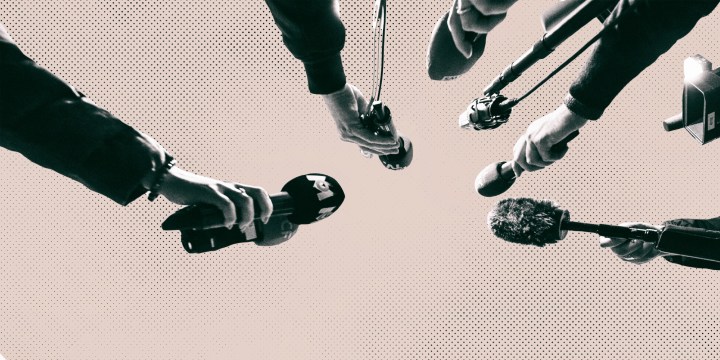
Zimbabwean reporters have faced growing threats from the ruling party since Emmerson Mnangagwa took office in 2017. Now, in the run-up to the general elections, the media are bracing for even more intimidation.
Five years after Zimbabwean President Emmerson Mnangagwa promised a raft of democratic reforms following a bloodless coup in November 2017, media and human rights watchdogs have raised the red flag on his government’s closure of the media space.
Pro-democracy groups, including the main opposition, are concerned that the absence of key political and media reforms could lead the country into yet another disputed election when Zimbabweans vote in upcoming general elections.
Several Zimbabwean journalists have been arrested and beaten since Mnangagwa assumed office, something that was synonymous with the Robert Mugabe regime.
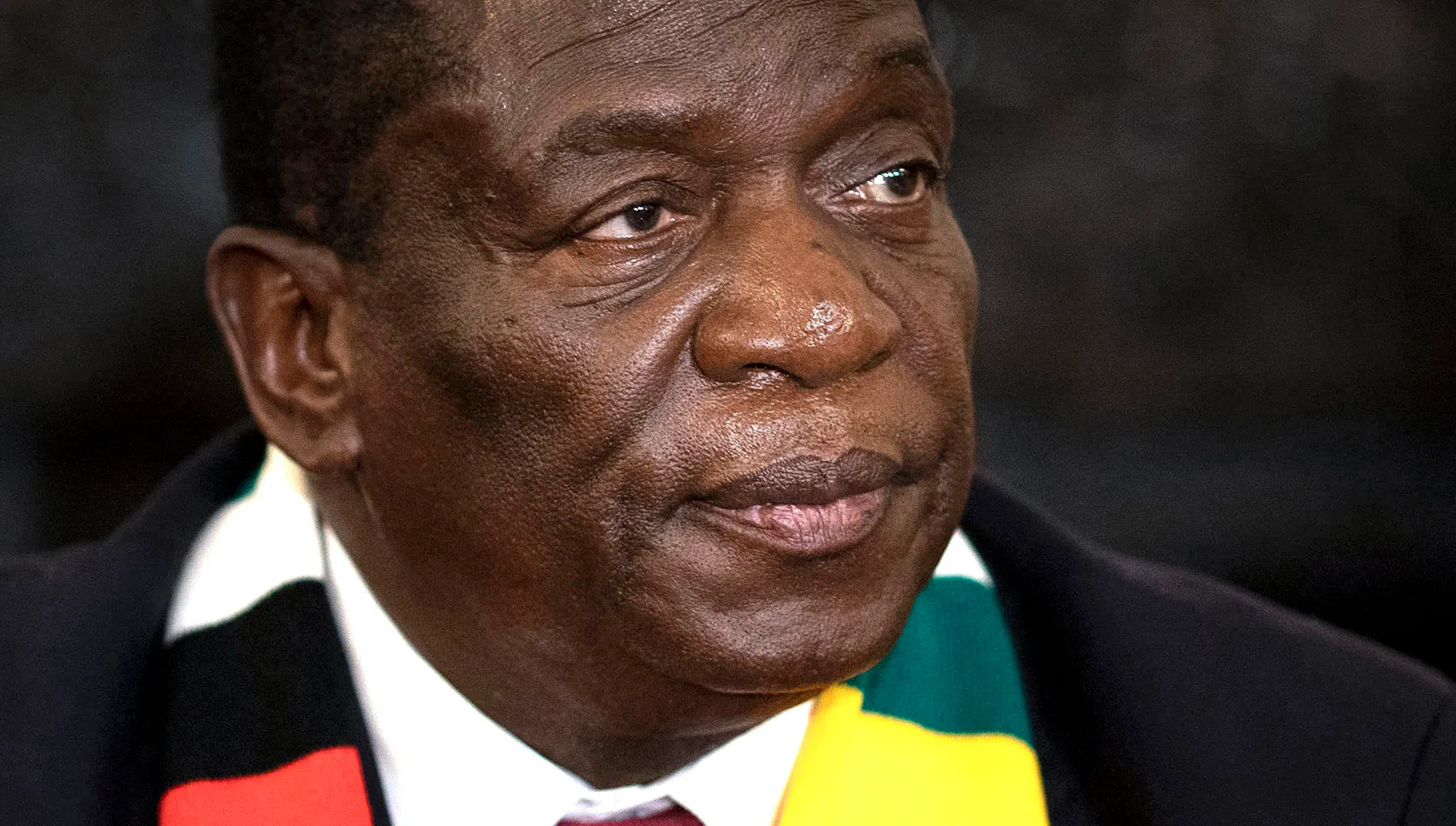
Zimbabwe President Emmerson Mnangagwa. (Photo: Dan Kitwood / Getty Images)
Recently, suspected ruling Zanu PF party functionaries severely assaulted four journalists from the private media. They were covering a rally for Nelson Chamisa, leader of the main opposition party Citizens Coalition for Change, ahead of by-elections.
Zanu PF supporters also assaulted Godwin Mangudya, a correspondent for the Zimbabwe Service of the Voice of America. He was forced to delete footage taken during internal Zanu PF elections prior to the party’s seventh elective congress last month.
Privately owned publications such as Newsday, NewsHawks and NewZimbabwe.com were barred from covering the congress for allegedly writing “negative and false” reports about the ruling party.
Prominent journalist and award-winning filmmaker Hopewell Chin’ono has been arrested several times following Mnangagwa’s assumption of office and has spent 46 days in prison for exposing therot in the Harare administration.
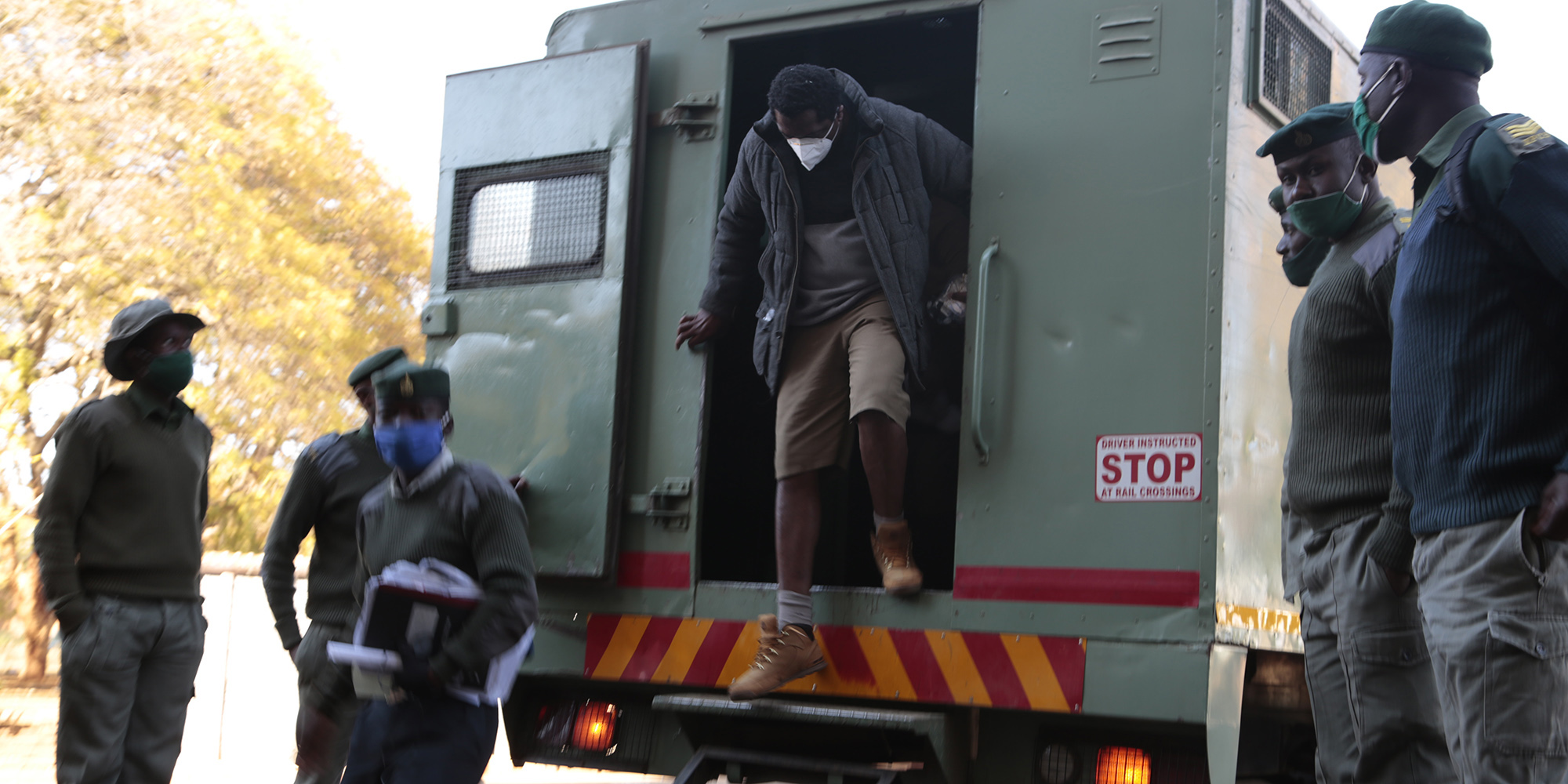
Journalist Hopewell Chinono arrives at court for one of his appearances in 2020. (Photo: supplied)
Several other journalists, such as Chinhoyi-based freelancer Nunurai Jena, were nabbed for allegedly violating Covid-19 rules while they were working, but were exonerated by the courts.
Most journalists who were acquitted have not had their cases investigated, and those who perpetrated the violence, arbitrary arrests and illegal detentions have gone unpunished, despite the courts ordering, in some cases, full investigations.
These cases have drawn condemnation from international media rights groups, including the US-based Committee to Protect Journalists, which called for Mnangagwa’s government to investigate.
Visit Daily Maverick’s home page for more news, analysis and investigations
The committee’s Africa programme coordinator, Angela Quintal, says Zimbabwean authorities should do more to ensure that assaults and harassment are stopped. “Press freedom violations and the rising impunity for crimes against journalists should not be tolerated as the country prepares for a general election in 2023.”
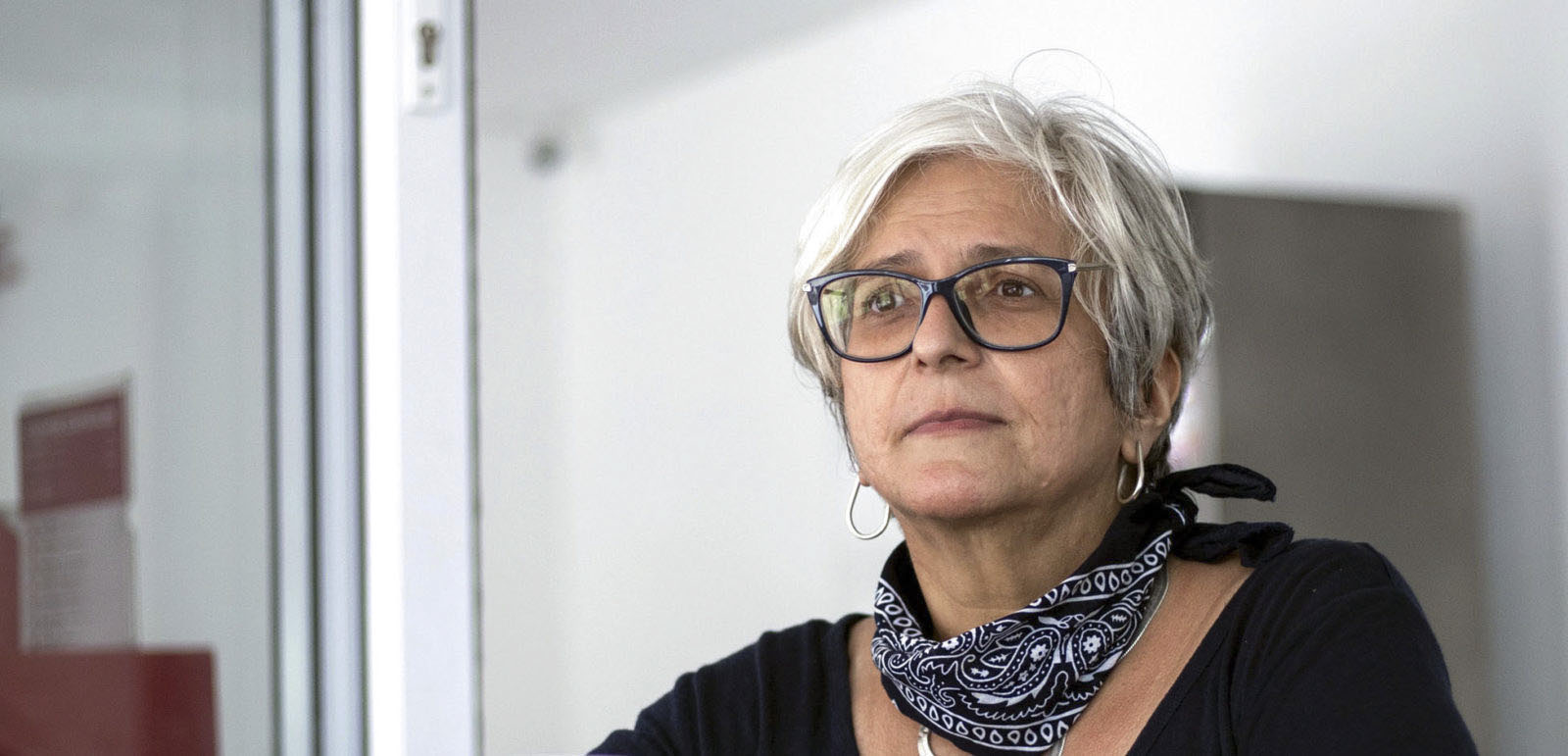
Angela Quintal, Africa coordinator for the Committee to Protect Journalists.
(Photo: Rogan Ward)
Despite the arrests and court appearances of some scribes, top government official Tabani Mpofu, who heads the Special Anti-Corruption Unit in the president’s office, stunned the world when he told the 73rd session of the African Commission on Human and People’s Rights that not a single journalist had been arrested in Zimbabwe since Mnangagwa came to power.
Mpofu made a futile attempt to malign Zimbabwe Lawyers for Human Rights, which has observer status at the commission, and other regional and international civil society organisations, which he labelled “rogue” after they presented reports on attacks on human rights defenders in Zimbabwe, including journalists.
Zimbabwe Lawyers for Human Rights national director Roselyn Hanzi said it was “quite shocking” that the Zimbabwean government peddled falsehoods at the forum in a bid to escape censure.
“This appalling conduct, which emboldens perpetrators, confirms the contempt with which government treats journalists and fuels a culture of impunity and has a detrimental effect on the effective functioning of democracies, freedom of expression and access to information,” said Hanzi.
Media practitioner and head of the secretariat of the Media Alliance of Zimbabwe Nigel Nyamutumbu said state interference in the practice of journalism is a breeding ground for violence against journalists.
This comes at a time when the government continues to control the airwaves. All community radio stations that were licensed recently are somehow linked to the ruling party.
“Such lenses on journalists have proven to be the basis of violence against media workers merely on account of where and with whom they are associated.
“It gets worse during electoral seasons … when the stakes for power are high… Journalists are indiscriminately caught up in the violence either by political supporters, overzealous security personnel [or] state security agents,” said Nyamutumbu.
The Zimbabwe Media Commission has also weighed in, saying attacks on journalists are a threat to democracy. “The ideals of tolerance and restraint should be the guiding principles in dealing with the media. A free media can assist Zimbabwe in fostering the values of democracy as envisaged in the National Development Strategy 1 (the country’s economic blueprint),” reads part of the commission’s statement.
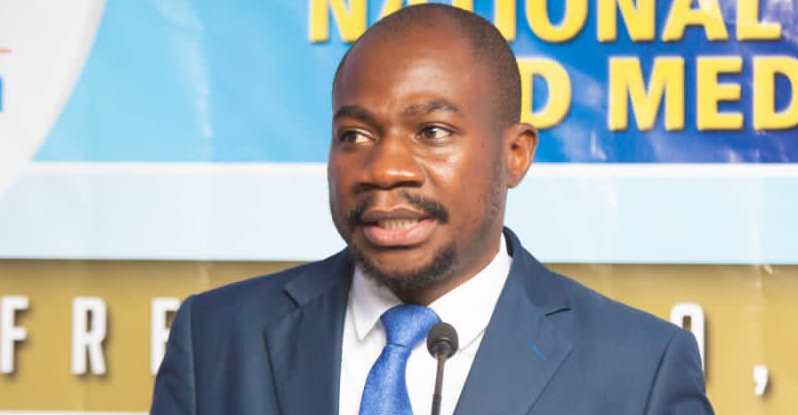
Zimbabwe Union of Journalists secretary general Perfect Hlongwane. (Photo: Supplied)
Nyamutumbu said self-regulation can also help journalists be safe. “A genuine free journalistic enterprise in both public and privately owned media houses is key in ensuring that journalists are trusted by the public and can thus be safe.”
Zimbabwe Union of Journalists secretary-general Perfect Hlongwane said his union was engaging authorities with a view to preventing attacks on the media.
“Our interventions are based on ‘three Ps’, that is prevent, protect and prosecute. Our engagement with authorities is to ensure that we prevent any violation of journalists… We need to come up with mechanisms that protect journalists in their line of duty and this can only be achieved if there is political will.
“The government should understand that the media as the fourth estate are partners, not enemies, and as such should be allowed [the] space to operate freely.”
Zimbabwe’s information minister Monica Mutsvangwa told DM168 that her department was doing all it could to ensure a safe working environment for journalists in the country.
“I am concerned when journalists are harassed, attacked or arrested. This is why my ministry is always engaging all stakeholders to ensure that the rights of journalists are not trampled upon. Obviously we will allow the police to do their investigations in some of the cases that need investigation,” said Mutsvangwa.
Reporters Without Borders ranked Zimbabwe on the 137th position on its 2022 World Press Freedom Index, dropping seven points from 2021 index where the country was ranked 130th. The Media Institute of Southern Africa described this decline as a “worrying trend.”
The RSF report also noted that extremely harsh laws were still in effect and when new legislations have been adopted, their provisions are just as draconian as those they replaced.
“The penal code and Official Secrets Act and the new Cyber Security and Data Protection Act continue to hamstring journalism,” reads part of the RSF report. It adds: “The police often use disproportionate force and confiscate equipment (of journalists).” DM
This story first appeared in our weekly Daily Maverick 168 newspaper, which is available countrywide for R25.


















 Become an Insider
Become an Insider
Comments - Please login in order to comment.